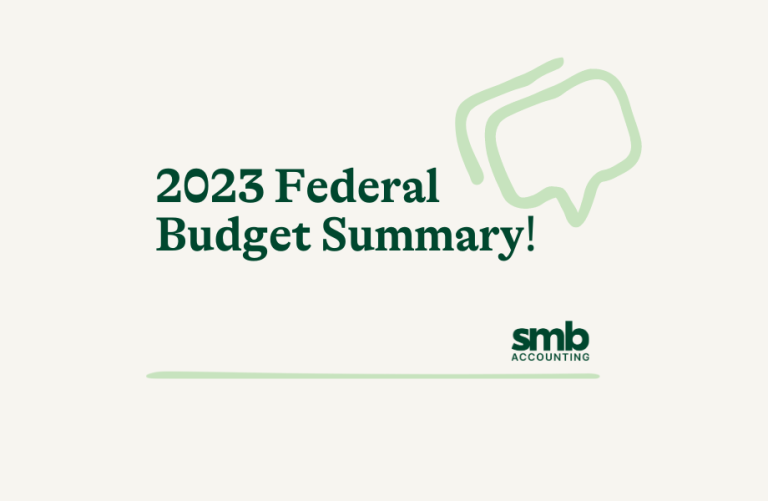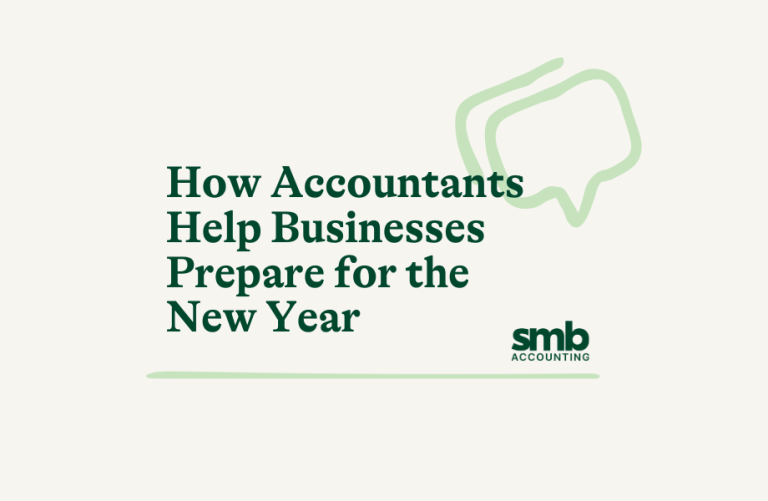Running a successful small business in today’s competitive landscape entails managing multiple responsibilities, including maintaining a firm grip on your financial management. Ensuring your business’s financial health is in order guarantees stability and drives growth, while enabling you to make informed decisions with confidence.
A key to achieving comprehensive financial control is adopting a suitable small business accounting package. These packages can not only simplify your bookkeeping and finances but also provide invaluable insights into your business’s overall financial health. By offering more than just numbers, accounting packages pave the way to effective financial management, which translates to increased efficiency, profitability, and growth.
In this blog post, we will explore how small business accounting packages can provide a solid foundation for your business’s financial success.
1. Understanding Small Business Accounting Packages
Small business accounting packages are tailored software solutions designed to simplify and streamline financial tasks, including invoicing, expense tracking, payroll, and tax management. They also offer valuable financial insights that can help you make informed decisions about your business’s direction and growth. These packages cater to small businesses’ unique needs, providing scalable and customisable solutions that adapt to your business’s evolution.
By implementing a suitable accounting package, you can save time, minimise errors, and gain a clear overview of your business’s financial position. This, in turn, will empower you with the knowledge and resources necessary to achieve lasting financial success.
2. Key Features of Comprehensive Accounting Packages
Accounting packages comprise various features and functions that help simplify and streamline your financial processes. Some crucial features to look for include:
– Invoice management: Efficiently create, send, and track invoices, ensuring that payments are received on time while reducing the manual labour involved in invoicing.
– Expense tracking: Monitor and categorise business expenses, providing a clear view of where your money is being spent and assisting you in identifying cost-saving opportunities.
– Bank reconciliation: Automatically sync and reconcile bank transactions, eliminating the need for manual data entry and reducing the likelihood of errors.
– Financial reporting: Generate detailed financial statements (such as profit and loss statements, balance sheets, and cash flow reports), offering insights into your business’s financial health and informing your business decisions.
– Payroll management: Automate and manage employee payroll, including wage calculations, superannuation contributions, and tax withholdings.
– Tax preparation and compliance: Simplify tax obligations by automatically tracking and calculating GST, payroll taxes, and other relevant tax information, making it easier to comply with Australian tax regulations.
3. Small Business Accounting Packages and Tax Compliance
Utilising a comprehensive accounting package can greatly simplify your tax obligations and ensure compliance with Australian tax regulations. Features such as automatic tax calculations and reporting can help you:
– Accurately calculate and track GST, income tax, and other taxes applicable to your business
– Easily prepare and lodge Business Activity Statements (BAS) and annual tax returns
– Maintain organised records of your financial transactions, ensuring easy access during audits or as required by the Australian Tax Office (ATO)
By embracing an appropriate accounting package, you can reduce tax-related stress and potential complications, all while maximising your tax savings through accurate and timely compliance.
4. Benefits of SMB Accounting’s Customised Packages
SMB Accounting offers personalised small business accounting packages designed to cater to your business’s unique needs and goals. Our customised solutions provide a range of benefits to help enhance your financial success:
– Tailored features: Our packages include features that best suit your industry and business model, ensuring you have the right tools to manage your finances effectively.
– Scalability: As your business grows, our customised packages can adapt to accommodate your evolving needs – this ensures consistent support throughout your business’s development.
– Integration with popular software: SMB Accounting’s customised packages are compatible with popular accounting software, such as Xero and QuickBooks, promoting seamless integration and a smooth transition.
– Ongoing support: We don’t just provide the software – our team of accounting experts is here to guide and support you every step of the way, ensuring you reap the full benefits of your chosen package.
5. Expert Support to Maximise Your Accounting Package Benefits
At SMB Accounting, we go above and beyond just providing tailored accounting packages. Our expert guidance and support ensure you make the most out of your chosen solution. Our team can assist with:
– Package selection: We help you select the most appropriate accounting package that aligns with your business’s needs and goals, ensuring maximum value and efficiency.
– Software training and implementation: We provide comprehensive training in software use and implementation, enabling you and your team to quickly get up-to-speed with your new accounting solution.
– Ongoing assistance: Our support doesn’t end with implementation – we remain by your side, offering expert advice and assistance to help you navigate any financial challenges that may arise.
Final Thoughts
Investing in a small business accounting package is an essential step towards securing your business’s long-term financial success. By understanding the key features of comprehensive packages, appreciating the impact on tax compliance, and recognising the value of SMB Accounting’s customised solutions, you’ll be well-equipped to make an informed decision about your financial management needs.
Boost your business’s financial performance and growth with SMB Accounting’s expert guidance and personalised accounting solutions, designed to pave the way to enduring success. Contact us today for a consultation with our accountants in Sunshine Coast, QLD!




